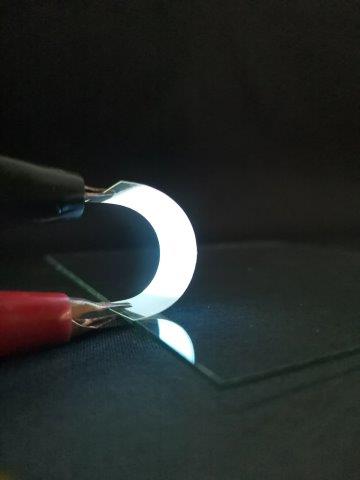FOR IMMEDIATE RELEASE

“As Telecom Demands Grow, Optical Fibers Will Need to Level Up”
Chemical & Engineering News
Across the globe, telecommunications companies have installed over 2.5 billion miles of optical fibers — enough to reach from Earth to Neptune. This massive network rapidly transmits nearly all data, voice and video communications around the world. However, as telecom demands grow, scientists are trying to improve the data transmission capabilities of optical fibers, according to an article in Chemical & Engineering News (C&EN), the weekly newsmagazine of the American Chemical Society.
Words, images and sounds travel through the internet to tablets, computers and cell phones via fiber optic cables. These cables, which span oceans and continents, are made almost entirely of hair-thin silica glass strands. Silica is good at transmitting light (which encodes data) over long distances with little loss of signal. But it doesn’t perform well with highly intense light, which can carry even more data to meet the growing demands of internet and cellular service providers. Therefore, researchers are exploring other materials to make optical fibers, Senior Correspondent Mitch Jacoby writes.
In 2017, scientists undertook a comprehensive study to evaluate materials that could be suitable for fiber optics, including oxides of strontium, aluminum, barium and phosphorous. Although the team didn’t find a single material or combination that was ideal, their results could guide future efforts. In other work, fibers made of fluoride glass recently hit the market. Fluoride fibers can transmit light over a wider range of wavelengths, but they are more expensive than silica and can be brittle. Other researchers are developing polymer-based fibers that are inexpensive and flexible. Although no alternative is ready to replace silica yet, ever-increasing telecom industry demands will call upon scientists to keep improving these materials, Jacoby writes.
Note: ACS does not conduct research, but publishes and publicizes peer-reviewed scientific studies.





